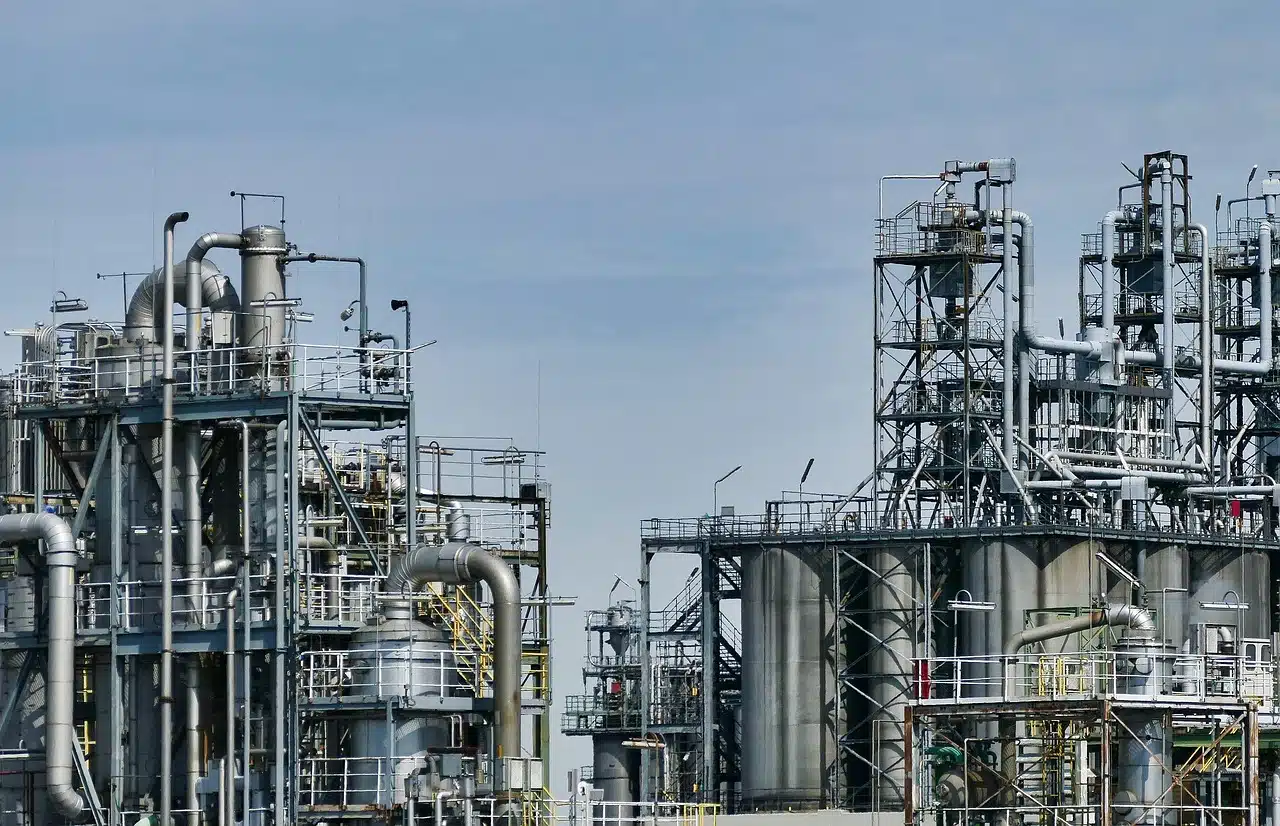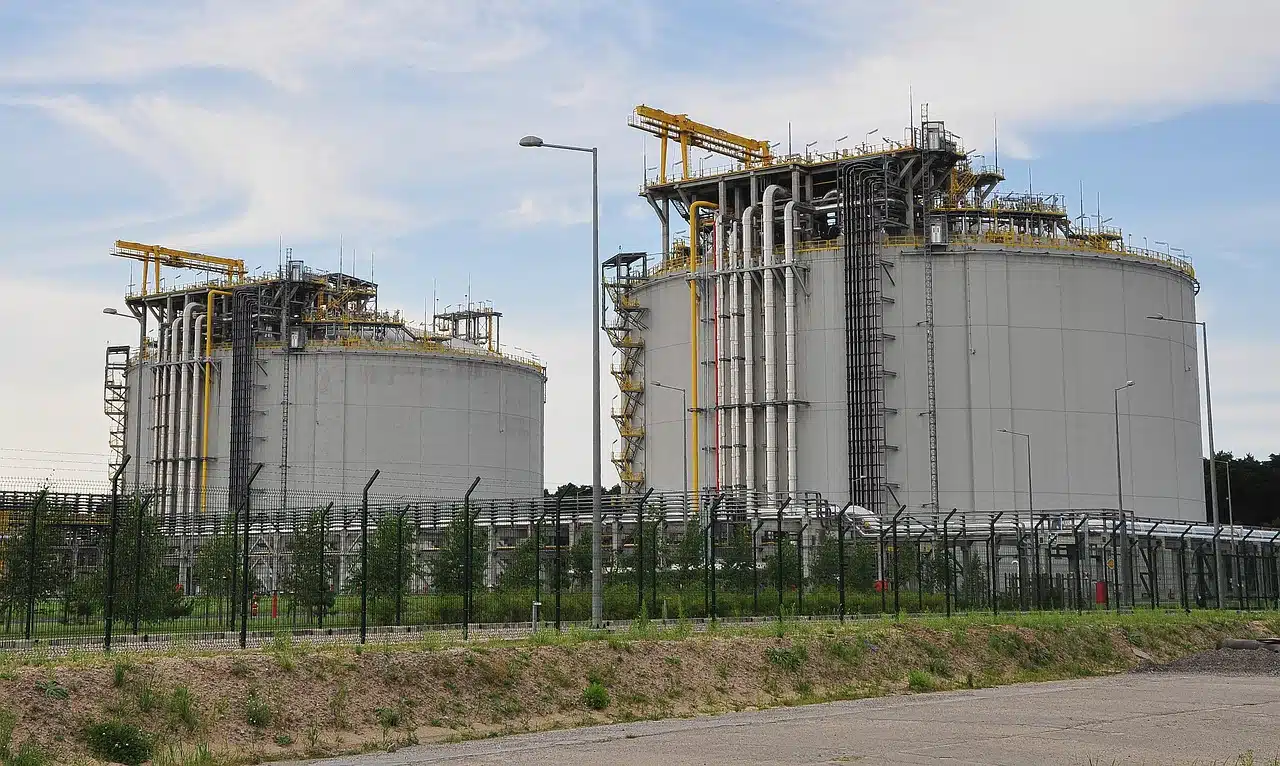Nigeria’s crude oil production saw a notable decline in January 2025, dropping by more than 60,000 barrels per day, adding to concerns over the country’s output stability and market performance.
This is according to a recent survey by American media outlet, Reuters, published on Wednesday, February 5, 2025.
The survey shows that the African largest oil producer starts the year with a massive drop in production.
However, the survey also indicates that the country’s private-owned refinery, Dangote refinery, has continued to ramp up production amid supply both from local suppliers and importation of crude from countries such as the United States.
“Nigerian production slipped by 60,000 bpd, the survey found, reflecting lower exports, although domestic usage is increasing as the Dangote refinery ramps up,” it added.
Other OPEC member oil profile
Aside from Nigeria, another OPEC member with an output drop is Iran, which also contributed to a 60,000 bpd decline.
In contrast, the United Arab Emirates (UAE) saw a production increase of 90,000 bpd, recovering from previous maintenance-related cuts. Libya also boosted its output by 40,000 bpd following the resolution of a central bank dispute.
The survey also notes that generally OPEC members experienced a decline in oil production for the second consecutive month in January.
Despite these fluctuations, the broader OPEC+ alliance maintained its production cuts until the end of March, with plans to raise output starting in April.
What you should know
A recent report by the African Energy Chamber projects a significant recovery in Nigeria’s oil production in 2025, although this will depend on how the country addresses key challenges like pipeline vandalism and oil theft.
In December 2024, data seen by Energy in Africa showed Nigeria crossed the 1.5 million barrels per day (bpd) mark in crude oil production, exceeding its OPEC quota.
Compared to peak production of 1.3 million bpd in 2023, the country’s oil output increased by 40,000 bpd to reach 1.51 million bpd in 2024, marking a four-year high.
While Nigeria recorded an increase, the overall output of OPEC members dropped significantly in December. UAE intentionally cut its oil exports to an 18-month low to stabilise global oil prices.
Also, Iran’s oil production fell by 40,000 bpd to 3.32 million bpd in December 2024, even though the country’s output remains near its highest level in six years.










